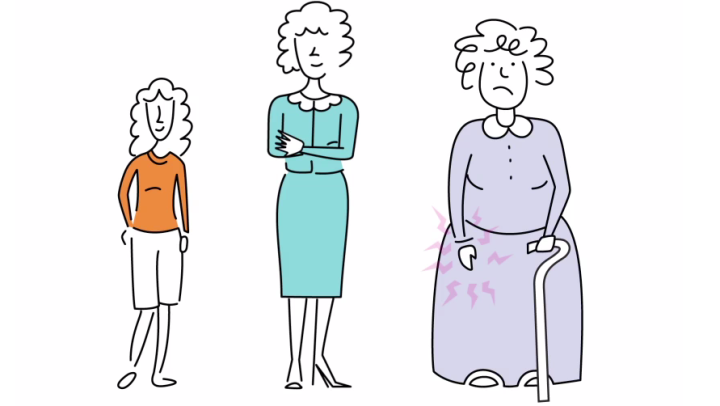
Rheumatoid arthritis (RA) is a chronic autoimmune disorder that causes inflammation of the joints. As with many chronic conditions, the lifestyle choices you make are an important part of your treatment plan. The general consensus of the medical community is that arthritis and alcohol don’t mix. Those living with RA should drink alcohol only in moderation (one drink a day), and it’s better not to drink at all. Learn why and remember your doctor is here to help you with all aspects of treatment, including lifestyle changes that may be challenging for you.
Alcohol and Inflammation
Alcohol makes your liver work harder and can promote inflammation—the core symptom RA treatment plans are designed to relieve. While you may have heard that some studies have linked drinking red wine in moderation to reduced inflammation, it’s always worthwhile to dig a little deeper and understand such studies in context. For example, some of these studies are based on the drinking habits of those who do not yet have RA. The results don’t apply to those who already have it. A general guideline is if you have RA and don’t drink, don’t start. Always look to your doctor as your best resource for interpreting information related to your condition.
Alcohol and RA Medication
Be aware that drinking alcohol while taking these common medications to relieve joint pain can lead to serious problems.
Nonsteroidal anti-inflammatory drugs (NSAIDs), combined with alcohol, can increase your risk for ulcers and bleeding in your stomach. Examples are naproxen (Aleve) and ibuprofen (Motrin).
Acetaminophen (Tylenol), leflunomide (Arava), and methotrexate (Trexall, Rasuvo) can increase the risk of damage to your liver when combined with alcohol.
Talk with your doctor about your current drinking habits and how alcohol may interact with your specific medications.
Alcohol, RA and the Risk of Related Conditions
Nearly 23% of adults in the United States have been diagnosed with some form of arthritis. When you’re diagnosed with a chronic condition, it’s essential to take care of yourself — not just take your medication. Otherwise, you may contribute to a domino effect of related issues unintentionally. For example:
Those living with RA are at greater risk of developing osteoporosis, a thinning of the bones that makes bones more prone to break. Drinking alcohol excessively also increases the risk of osteoporosis.
Up to 40% of those living with RA also have symptoms of depression, which can be made worse by using alcohol, a depressant, to cope with a chronic condition.
Some doctors have reported sleep problems in the majority of their RA patients. Causes of poor sleep for those with RA include pain, medication side effects, or anxiety related to managing RA. Alcohol, along with caffeine, also interferes with quality sleep.
Living with rheumatoid arthritis doesn’t mean living with all the pain and stress that can come with it. The key is treating the symptoms — from pain to depression to poor sleep — safely and effectively. Talk with your doctor as a partner who needs to understand the effects of RA on your life as a whole, so you can work together toward living your best.




























